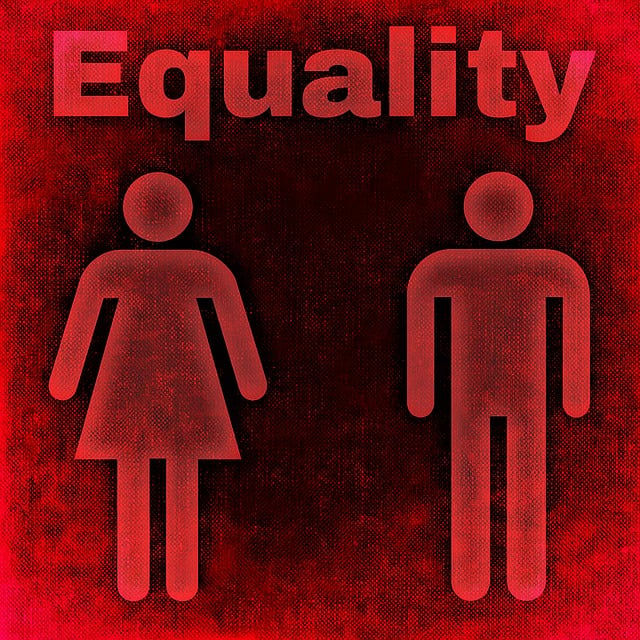Fair housing laws are essential in real estate, prohibiting discrimination based on race, religion, sex, national origin, disability, and familial status, ensuring equal opportunity for all in property transactions, including listing, sale, rental, and mortgage lending, fostering inclusivity and vibrant communities.
In the dynamic landscape of real estate, understanding fair housing laws is paramount. This comprehensive guide delves into the protections these laws offer to tenants and buyers, ensuring equal opportunities in the property market. From comprehending key legislation to exploring practical enforcement strategies, this article equips readers with vital insights. By navigating these regulations, both professionals and individuals can foster a more inclusive real estate environment, promoting fairness and equality for all participants.
Understanding Fair Housing Laws in Real Estate

Fair housing laws are a cornerstone of modern real estate practices, ensuring equal opportunities for all individuals in their quest for suitable accommodation. These laws prohibit discrimination based on race, color, religion, sex, national origin, disability, familial status, and more, encompassing a wide range of protected categories. In the dynamic landscape of real estate, understanding these regulations is paramount for both property seekers and professionals alike.
When navigating the complex world of Real Estate, it’s crucial to be aware that fair housing laws dictate how properties are advertised, sold, or rented. This includes prohibiting false or misleading statements about housing opportunities and ensuring open access for all qualified applicants. By adhering to these guidelines, real estate agents, brokers, and property owners can foster an inclusive environment, promoting harmony within diverse communities.
Protections for Tenants and Buyers

Tenants and real estate buyers are both protected by fair housing laws, ensuring equal opportunities for all in the property market. These laws prohibit discrimination based on sensitive attributes like race, color, religion, sex, national origin, disability, familial status, and more. In terms of tenancy, landlords must provide equal access to housing and cannot refuse rentals or impose different terms simply because of these protected characteristics.
For real estate buyers, fair housing laws ensure a level playing field when searching for properties. Buyers can expect to receive information about available homes without bias and have the right to inspect and purchase property without discrimination. This includes protections against practices like redlining, where certain neighborhoods or communities are unfairly targeted as risky investments based on demographic factors.
Enforcing Equality in the Property Market

In today’s digital era, the real estate market is undergoing a significant transformation, driven by a growing awareness and enforcement of fair housing laws. These regulations are designed to ensure equality and prevent discrimination in all aspects of property transactions, from listing and sale to rental and mortgage lending. By promoting diversity and inclusivity, fair housing laws aim to create a more equitable landscape for all participants, including buyers, sellers, renters, and lenders.
Enforcing these laws involves rigorous monitoring and strict penalties for violations. Real estate professionals must be vigilant in adhering to guidelines that prohibit discrimination based on race, religion, national origin, gender, disability, familial status, and more. This not only fosters a more welcoming environment but also strengthens the overall market by ensuring equal access to opportunities. As a result, folks from diverse backgrounds can navigate the property market with confidence, contributing to a vibrant tapestry of communities.






